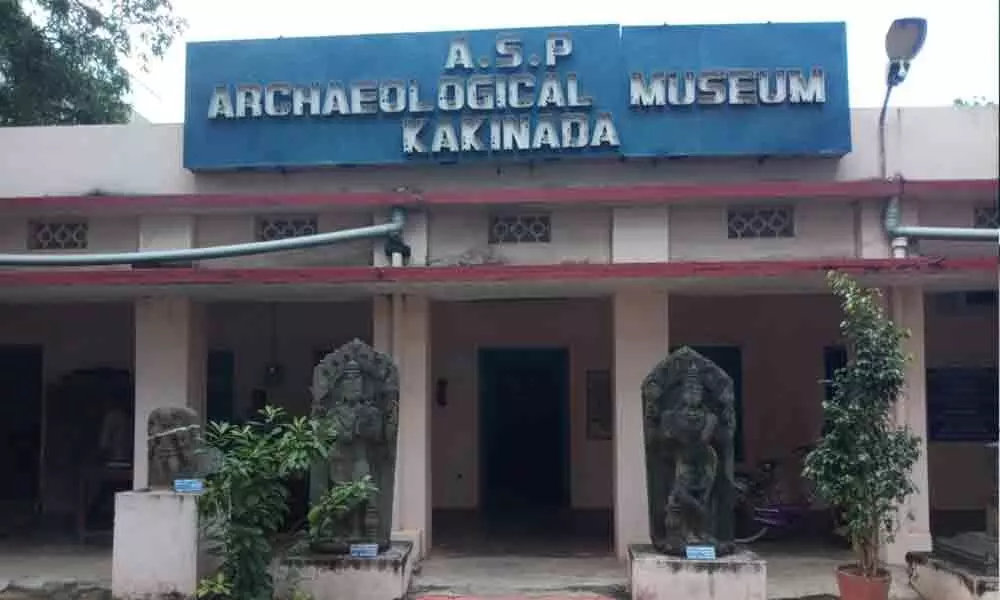Live
- UN organisation urges safe passage for food aid to Sudanese states
- Prez Murmu pays tribute to Bhagwan Birsa Munda on Janjatiya Gaurav Divas
- Ayush Mhatre: From Virar to cricket spotlight, another Mumbai prodigy takes flight
- Can ChatGPT help reduce hospital emissions?
- People urged to participate in caste survey
- Cricket Australia slaps new 10-year ban on Dulip Samaraweera over misconduct
- If jumbo guidelines are implemented, temple festivals will not happen as before: Kerala Minister
- Google Introduces Gemini AI App for iPhone: Enhanced Access with Gemini Live
- Chandrababu's Vision is To Prevent Drought, says Nimmala Ramanaidu in assembly
- Health School programme rolled out in Adilabad









